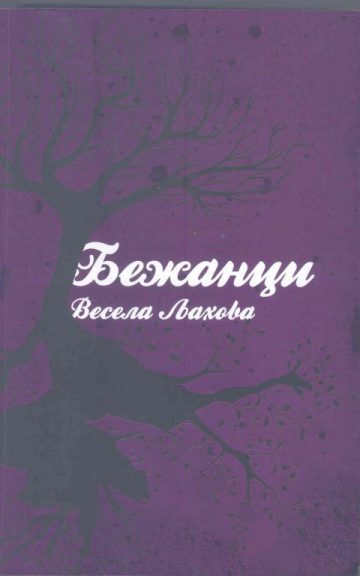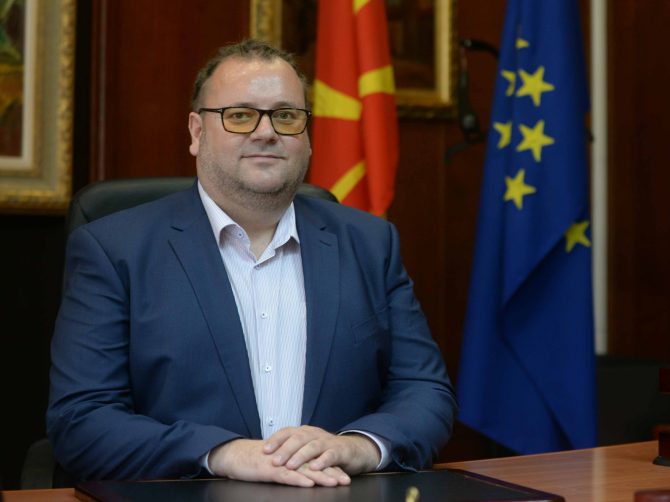Former Culture Minister Robert Alagozovski, who is currently a leading culture adviser in the Zaev – Spasovski Government, has translated and is promoting a book from a Bulgarian author which declares the Macedonian population of Aegean Macedonia, now northern Greece – to be Bulgarians.
Lyahova wrote, and Alagozovski translated through his publishing company Goten, a book called Bezanci (refugees) – the name used for Macedonians expelled from Aegean Macedonia, which covers the events of the Autumn of 1941 and the short lived uprising against the Bulgarian army in Drama. The city is now in Greece, but was in the past fought for by Macedonian armed groups and the Bulgarian army.
The rebellion there started after Greece was defeated by the Axis and its territory divided, with Bulgaria taking a big portion of Aegean Macedonia, including the city of Drama. Local Macedonians, organized by the Communist Party, staged an uprising and fought with the Bulgarian army over several months, with several thousand casualties.

The history and the status of Macedonians in northern Greece is a major source of tensions between the two countries, and has greatly contributed to the Macedonian – Greek dispute. Bulgaria has mostly stayed out of the matter, although Bulgarian politicians and historians consider the Macedonians in northern Greece to be ethnic Bulgarians. The book, which was published with European Commission funding, declares the uprising to be Bulgarian in national character and their national assimilation into “Greeks” is referred to as a process of “de-Bulgarization”. The book frequently refers to the Bulgarian minority in Greece and never refers to Macedonians, and laments the fact that Bulgarian literature and political science ignores the plight of Bulgarians in Greece. The book is entirely dedicated to the Bulgarian people in Aegean Macedonia.
This is a testament to the ancestors of those Bulgarians who decades ago decided to remain in their ancestral lands, as citizens of the Greek state, who are not forgotten and who are part of the Bulgarian homeland through their grandfathers, the foreword declares.




Comments are closed for this post.